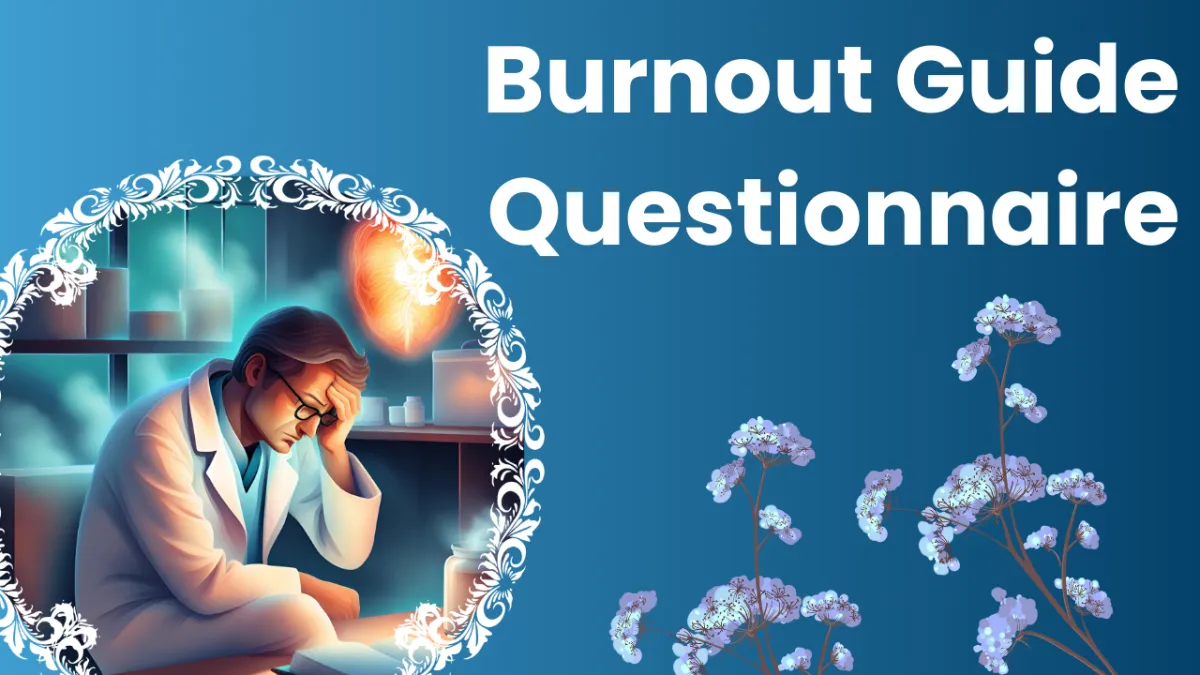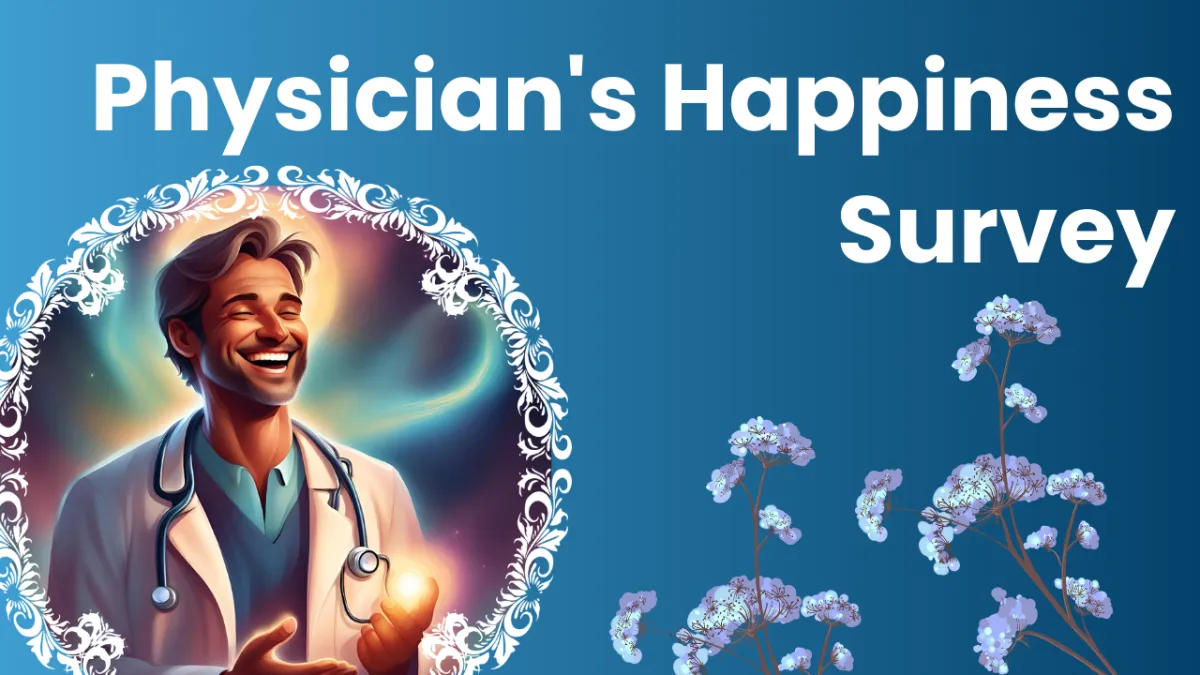BLOG POST

The Real Ethics of Using AI in Medicine: What No One’s Saying (But You Need to Hear)
You’re not just using AI. You’re holding a loaded tool.

Let’s Cut to the Chase
AI is exploding in medicine.
It’s writing patient letters, summarizing research, and even helping diagnose.
But here’s the uncomfortable truth:
You can use AI every day and still screw it up.
Not because you’re unethical — but because no one’s telling you how high the stakes really are.

Ethics in AI Isn’t About Being “Good” — It’s About Being Smart
You want to protect your patients. Your license. Your reputation.
And if you think ethics is some optional “compliance” box… you’re playing with fire.
So let’s talk about the 4 real rules of ethical AI use — no fluff, no policy-speak.
1. If You Don’t Understand the Tool, Don’t Use It.
You wouldn’t use a new medication without knowing how it works.
So why use an AI model you’ve never questioned?
Ask:
Where does this data come from?
Can it hallucinate?
Is it HIPAA-compliant?
Ignorance isn’t ethical. It’s risky.
2. If You’re Not Telling the Patient, You’re Already in Trouble.
AI-generated notes? Videos? Instructions?
If your patient doesn’t know AI played a role, you’ve crossed a line — even if unintentionally.
Bottom line: Patients have the right to know who or what is helping make decisions.
3. If It’s Replacing Thinking, You’re Doing It Wrong.
AI should support you, not think for you.
The moment you stop questioning its output is the moment you become a liability — to your patients, your team, and your profession.
Use AI to accelerate, not autopilot.
4. If You’re Not Checking for Bias, You Might Be Spreading It
Many AI tools weren’t trained on diverse populations.
Which means? They may not see your patients — not accurately.
That’s not just a tech problem. That’s a trust problem.

Here’s the Good News: You’re the Firewall
You don’t need a PhD in machine learning.
But you do need a healthy dose of skepticism and a strong sense of responsibility.
Because here’s what no AI will ever replace:
Your clinical intuition. Your ethics. Your judgment.
That’s your power. Don’t outsource it.
Real Talk Action Plan
Use one AI tool. Learn it well. Ask the hard questions.
Always disclose when AI is part of the care process.
Never copy/paste without reviewing.
Be the physician who questions the algorithm — not the one who follows it blindly.

Coming Next: From Burnout to Balance
This series continues with our next piece:
“From Burnout to Balance: How Physicians Are Using AI to Redesign Their Careers”
Until then, don’t aim to be perfect. Aim to be aware, sharp, and in control.
AI is powerful. But you’re still the one holding the stethoscope.
Share Your Story: Connect with us on social media using the hashtag #Adoctorsjourney.
Facebook | LinkedIn | Instagram | YouTube | TikTok
Listen to the Full Episode
Subscribe to our newsletter
👉 Subscribe to the ADOCTORSJOURNEY newsletter for:
Free PQ tools and templates
Physician-focused mindset coaching insights
First access to upcoming workshops on resilience and well-being #Adoctorsjourney.
TAKE PART IN OUR SURVEYS

Gain insights into your current MENTAL and EMOTIONAL STATE.

This survey aims to understand the current state of HAPPINESS and WELL-BEING among physicians and to gather INSIGHTS on effective strategies for fostering JOY in the medical profession.
TAKE PART IN OUR SURVEYS

Gain insights into your current MENTAL and EMOTIONAL STATE.

This survey aims to understand the current state of HAPPINESS and WELL-BEING among physicians and to gather INSIGHTS on effective strategies for fostering JOY in the medical profession.
Unlock Your Full Potential with Our Transformative Programs!
Join the Movement: Subscribe for Healthcare Innovation & Career Tips!
Physician Well-being & Resilience: Strategies for managing stress and burnout. Building emotional intelligence and mental fitness.
Positive Leadership for Physicians: Developing positive communication and conflict resolution skills. Leading with empathy and emotional intelligence.
Physician Career Transition or Pivot: Setting meaningful goals and achieving work-life integration. Navigating career challenges and transitions.
CLICK TO WATCH THE VIDEO...
Join the Movement: Subscribe for Healthcare Innovation & Career Tips!
Physician Well-being & Resilience: Strategies for managing stress and burnout. Building emotional intelligence and mental fitness.
Positive Leadership for Physicians: Developing positive communication and conflict resolution skills. Leading with empathy and emotional intelligence.
Physician Career Transition or Pivot: Setting meaningful goals and achieving work-life integration. Navigating career challenges and transitions.
CLICK TO WATCH THE VIDEO...
355 E Plumb Lane #1098, Reno, NV, 89502, USA
915-800-0690
Elevate Your Leadership and Career
Gain the tools and strategies needed to become a more effective and inspiring to our fellow physicians, entrepreneurs and other sectors. Follow us on social media, sign up for our newsletter and engage with our community to stay inspired, informed, and connected on your journey of transformation.
SUBSCRIBE TO OUR NEWSLETTER
Elevate Your
Leadership and
Gain the tools and strategies needed to become a more effective and inspiring to our fellow physicians, entrepreneurs and other sectors. Follow us on social media, sign up for our newsletter and engage with our community to stay inspired, informed, and connected on your journey of transformation.
SUBSCRIBE TO OUR NEWSLETTER
Copyright @ 2024 Adoctorsjourney, LLC
All Right Reserved.







